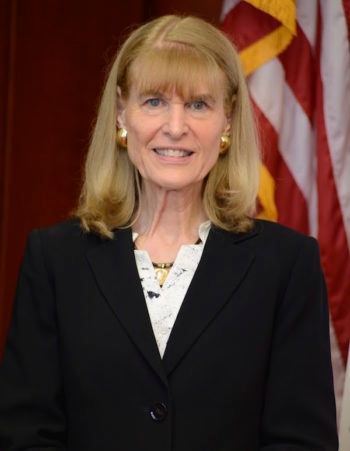Battling hate in the spirit of Queen Esther
Published March 7, 2017
History doesn’t always repeat itself, but echoes of the darkest chapters serve as warnings. We study the past and preserve our tradition so that we’ll recognize the signs. For these troubled days, the observance of Purim — commemorating the defeat of a plot to massacre the Jews in ancient Persia — is a timely reminder.
But as troubling as the recent anti-Semitic outrages are, the United States is not prewar Europe, let alone ancient Persia, where for all Queen Esther’s courage, protection depended on a king’s will. Here, the protection of the law and the fabric of society are with us.
The FBI is aiding local authorities in investigating the crimes. During his first address to Congress, President Trump condemned anti-Semitism. The House of Representatives’ Bipartisan Task Force for Combating Anti-Semitism has called on the president to take additional steps — involving resources for the Justice Department and interagency coordination — in the fight against anti-Jewish hate crimes.
We’ve seen an outpouring of support from fellow citizens. Many non-Jews stood in line to clean and repair the Chesed Shel Emeth cemetery outside St. Louis, where more than 150 tombstones were overturned. Muslim organizations launched a crowdfunding campaign to pay for the damage, quickly raising $100,000 — far surpassing the $20,000 goal.
I can’t help but share my pride at the Jewish response to equally appalling attacks against Muslim institutions. When a Muslim man launched a fundraising drive to help repair a Tampa mosque damaged by an arson attack last month, he noticed many donations in multiples of $18 and discovered that they were attached to Jewish names.
Generosity and solidarity can be unleashed by acts of hate. I have full confidence, and there is bountiful evidence, that America’s soil is especially rich for the cultivation of good.
But we can never be complacent, nor can we expect America to fulfill its potential, without constant vigilance. The idea that anti-Semitic crimes are not just a Jewish problem, but also an American one, must be acknowledged.

Hadassah President Ellen Hershkin (Courtesy of Hadassah)
We have to speak out, express our values, and demand justice every day. All hate crimes must be punished to the fullest extent of the law. We should all exercise our right to insist that Congress and the administration redouble their efforts to fight all forms of anti-Semitism and all hate crimes at home and abroad.
The heroine of the Purim story is a queen who raised her voice to save her people. Until she asked for his support, the king didn’t know his own wife was Jewish. Esther, her Persian name, was part of her cover — her Hebrew name was Hadassah.
Hadassah, the Women’s Zionist Organization of America, Inc., was founded in the season of Purim in 1912, inspired by the recognition that altering the course of history required learning its lessons. Modern Hadassah combines the legacy of Queen Esther, the Jewish national liberation movement and the determination of women to become leaders. While the central goal of Zionism was the establishment of a Jewish state, in America it also accelerated the impulse for Jews to involve themselves in public life, to insist on equality for all and to wear their identity proudly.
The more we learn from history, the more likely it is to reward us. Let us use the celebration of Purim as a reminder that even while evil exists we, our society and our government, have the capacity to defeat it.
(Ellen Hershkin is president of Hadassah, the Women’s Zionist Organization of America, Inc.)















